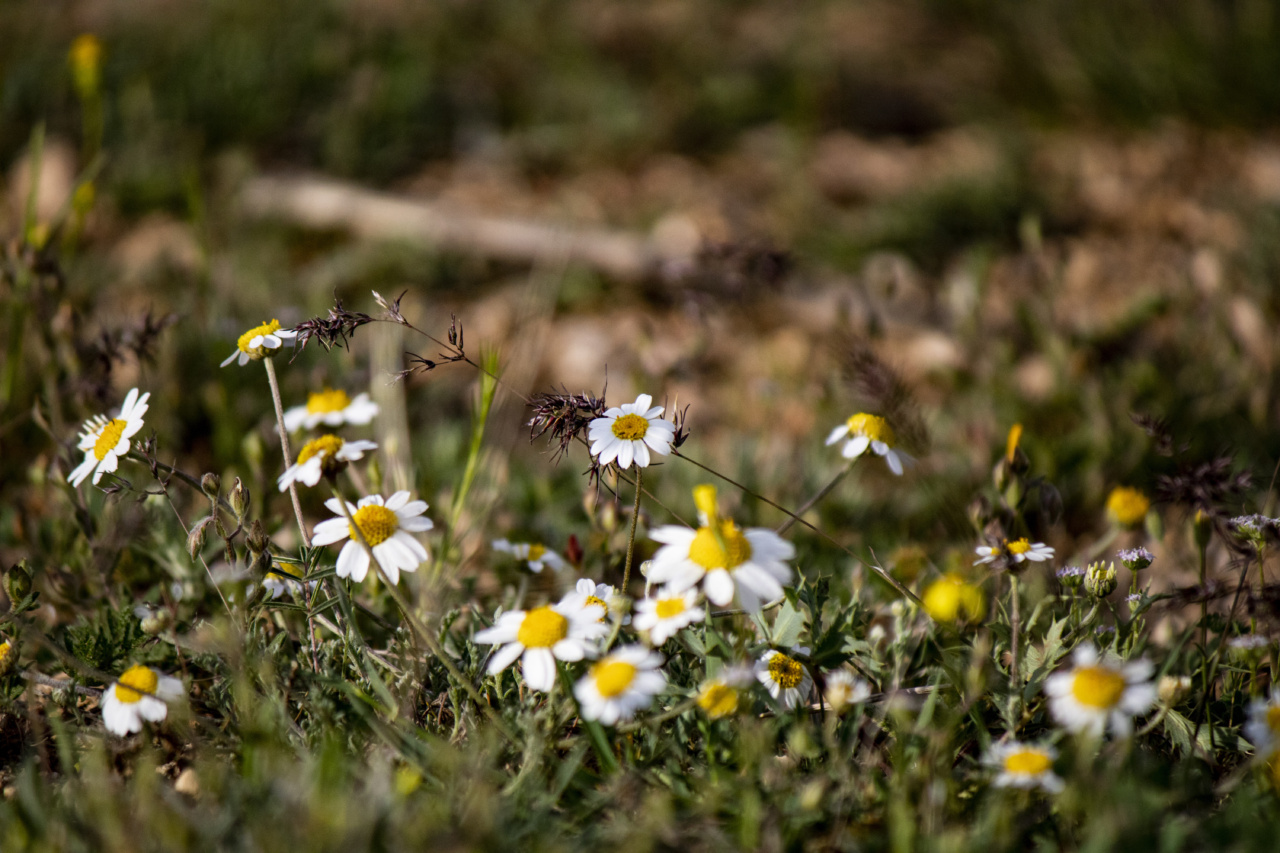Asthma is a chronic respiratory condition characterized by inflammation and narrowing of the airways, resulting in wheezing, coughing, and difficulty in breathing.
While conventional medications can be effective in managing asthma symptoms, some individuals may prefer natural solutions and turn to herbs for relief. Here are 10 herbal remedies that have been traditionally used to support respiratory health and alleviate asthma symptoms:.
1. Ginger
Ginger is known for its anti-inflammatory properties and has been used for centuries in traditional medicine to treat various respiratory conditions, including asthma.
It helps to relax the airway muscles and reduce inflammation, making it easier to breathe. You can consume ginger by adding it to your meals, drinking ginger tea, or taking ginger supplements.
2. Turmeric
Turmeric contains a compound called curcumin, which has powerful anti-inflammatory and antioxidant properties. It can help reduce airway inflammation and improve lung function.
You can incorporate turmeric into your diet by adding it to curries, smoothies, or taking turmeric supplements.
3. Licorice Root
Licorice root has been used in traditional Chinese medicine to soothe respiratory ailments, including asthma. It contains a compound called glycyrrhizic acid, which helps to reduce inflammation in the airways.
You can consume licorice root by drinking licorice tea or taking licorice root supplements.
4. Boswellia
Boswellia, also known as Indian frankincense, is a resin from the Boswellia serrata tree that has potent anti-inflammatory properties. It can help improve airway function and reduce the frequency of asthma attacks.
Boswellia can be taken in supplement form.
5. Eucalyptus
The essential oil of eucalyptus has been traditionally used to relieve respiratory symptoms, including congestion and asthma. It has expectorant properties that help loosen mucus and open up the airways.
You can inhale eucalyptus oil by using a diffuser or steam inhalation.
6. Mullein
Mullein is a flowering plant that has been used for centuries to treat respiratory conditions, such as asthma and bronchitis. It helps to soothe the airways and reduce inflammation.
You can drink mullein tea or take mullein supplements to experience its benefits.
7. Lobelia
Lobelia, also known as Indian tobacco, has been traditionally used to relieve respiratory symptoms, including wheezing and shortness of breath associated with asthma. It works by relaxing the airway muscles and promoting easier breathing.
Lobelia should be used under the guidance of a healthcare professional, as it can be toxic if taken in high doses.
8. Butterbur
Butterbur is a herb that has been used in traditional medicine to alleviate asthma symptoms. It contains compounds called petasin and isopetasin, which help to reduce smooth muscle spasms and inflammation in the airways.
Butterbur supplements can be taken to support respiratory health.
9. Ginseng
Ginseng is a well-known adaptogenic herb with multiple health benefits. It has been used in traditional medicine to support respiratory health and improve lung function. Ginseng can be consumed as a tea or taken in supplement form.
10. Oregano
Oregano is a culinary herb that also possesses antimicrobial and anti-inflammatory properties. It can help reduce inflammation in the airways and support respiratory health. Oregano can be incorporated into meals or taken as a supplement.
Conclusion
While these herbs can provide natural relief for asthma symptoms, it is important to consult with a healthcare professional before incorporating them into your asthma management plan.
They can provide guidance on appropriate dosages and potential interactions with any medications you may be taking. Additionally, it is crucial to continue taking any prescribed asthma medications as directed by your healthcare provider.






























